9th Annual Graduate Student Conference in Algebra, Geometry, and Topology
GTA: Philadelphia 2024
May 31 – June 2, 2024 • Temple University • Philadelphia, PA
Registration Logistics Keynote Speakers Schedule Student Talks Gallery Contact Archive

About
GTA: Philadelphia 2024 is the 9th annual Graduate Student Conference in Algebra, Geometry, and Topology (GSCAGT), to be held on-campus at Temple University in Philadelphia from Friday, May 31 to Sunday, June 2, 2024.
This conference aims to expose graduate students in algebra, geometry, and topology to current research, and provide them with an opportunity to present and discuss their own research. It also intends to provide a forum for graduate students to engage with each other as well as expert faculty members in their areas of research. Most of the talks at the conference will be given by graduate students, with four given by distinguished keynote speakers.
This event is sponsored by the Temple University Graduate School, Temple University Department of Mathematics, and the NSF.
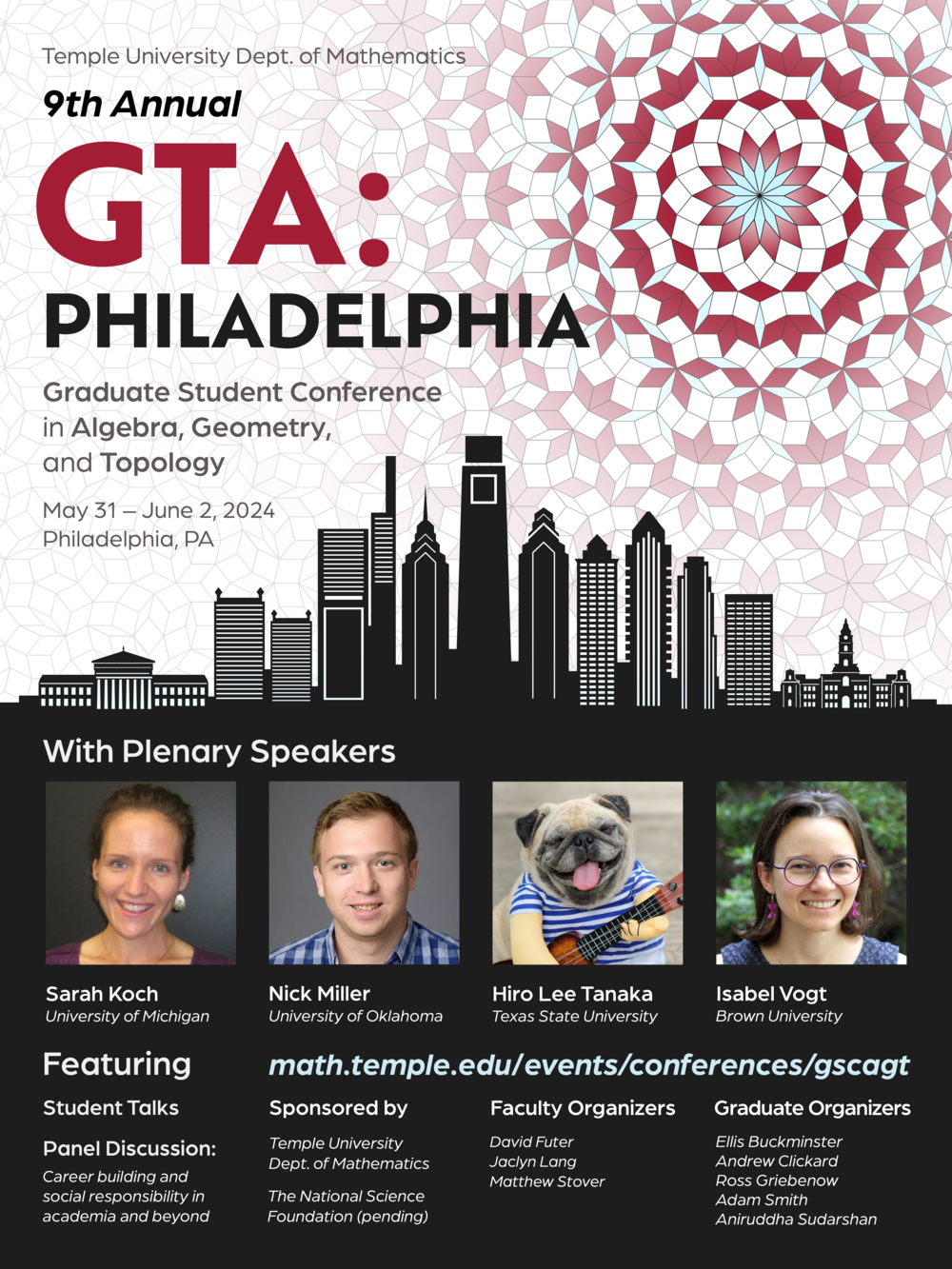
Statement Of Values
The organizers of GTA: Philadelphia share the values and committment expressed by the American Mathematical Society.
"The American Mathematical Society recognizes the breadth of people, thought, and experience that contribute to mathematics. We value the contributions of all members of our mathematics community to improve mathematics research, education, and the standing of the mathematical sciences. We welcome everyone interested in mathematics as we work to build a community that is diverse, respectful, accessible, and inclusive. We are committed to ensuring equitable access to mathematics opportunities and resources for people regardless of gender, gender identity or expression, race, color, national or ethnic origin, religion or religious belief, age, marital status, sexual orientation, disabilities, veteran status, immigration status, or any other social or physical component of their identity."
Keynote Speakers
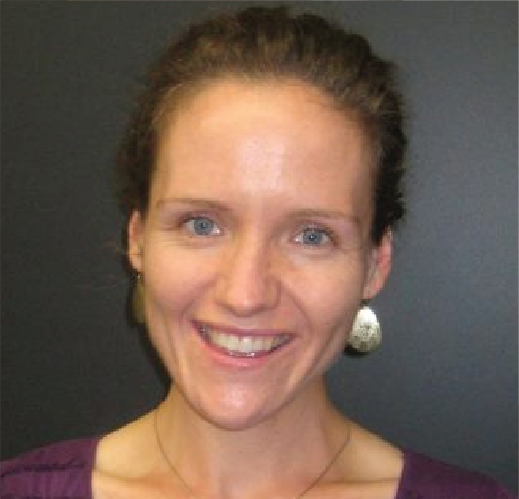
Sarah Koch
University of Michigan
ℂomplex Dynamics: the ℝeal Story
We will introduce the research area of complex dynamics by studying the family of (complex) quadratic polynomials, z↦z2+c. Historically, mathematicians first studied the dynamics of real quadratic polynomials and then moved to the complex realm. Recently, there has been a resurgence of mathematical activity surrounding real quadratic polynomials. We will explore some well known features and some rather new features of real polynomials in contrast with those enjoyed by their complex counterparts.
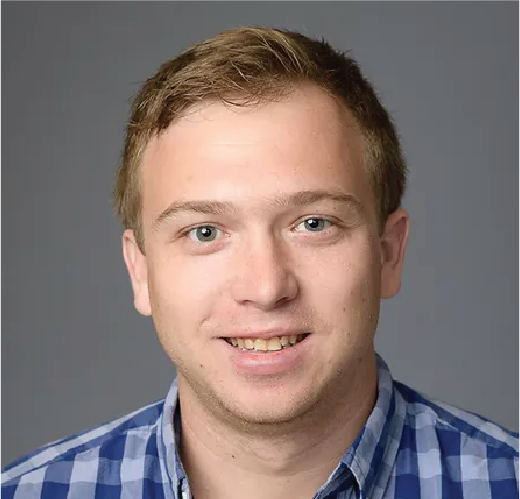
Nick Miller
University of Oklahoma
A Gentle Introduction to Superrigidity
Given your favorite group G, in many contexts one wants to understand all possible homomorphisms from G into GL(n,ℂ). Depending on your choice of G, this question might be entirely intractable, however if your group comes from certain geometric considerations, one can actually begin to make progress on it. In this talk, I will give motivation for these questions and tell you about Margulis' superrigidity, which completely solves this question for a wide class of groups G. I will then go on to survey some more recent advances and disucss what we still do not know about these questions.
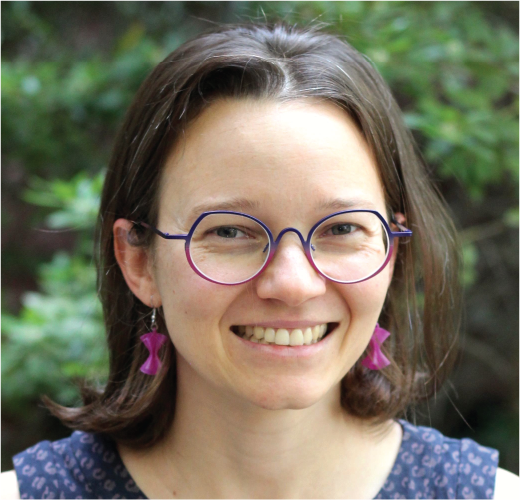
Isabel Vogt
Brown University
Interpolation Problems for Curves
The interpolation problem is one of the oldest problems in mathematics. In its most broad form it asks: when can a curve of a given type be passed through a given number of points? I'll survey work on the interpolation problem from Euclid to the modern day, ending with recent joint work of mine with Eric Larson.

Hiro Lee Tanaka
Texas State University
Morse Theory on a Point and a Stack of Broken Lines
After introducing Morse theory, I will talk about what it means to study Morse theory on a point. I will then try to explain a surprising result at the interface of geometry and algebra: The stack encoding Morse theory on a point exactly encodes associative algebras.
Registration
Registration for the conference is now closed.
Logistics
Location
Conference events will be located at 1925 N 12th Street, Philadelphia, PA 19122, in SERC (the Science Education and Research Center).
Accommodations
Funded participants will stay in campus dorms, which are suite-style with private bedrooms and communal living space. Attendees should expect to share bathrooms and common areas with one or two other conference participants. If you have a preferred roommate, you will have an opportunity to indicate so on your housing form.
Please note that standard lodging is reserved for conference attendees only; non-participants, including spouses, children, and pets, are not permitted. If you wish to lodge with non-participants, or require alternate arrangements please contact gta.temple.math@gmail.com.
Schedule
See the detailed schedule: GTA Philadelphia 2024 - Detailed Schedule.
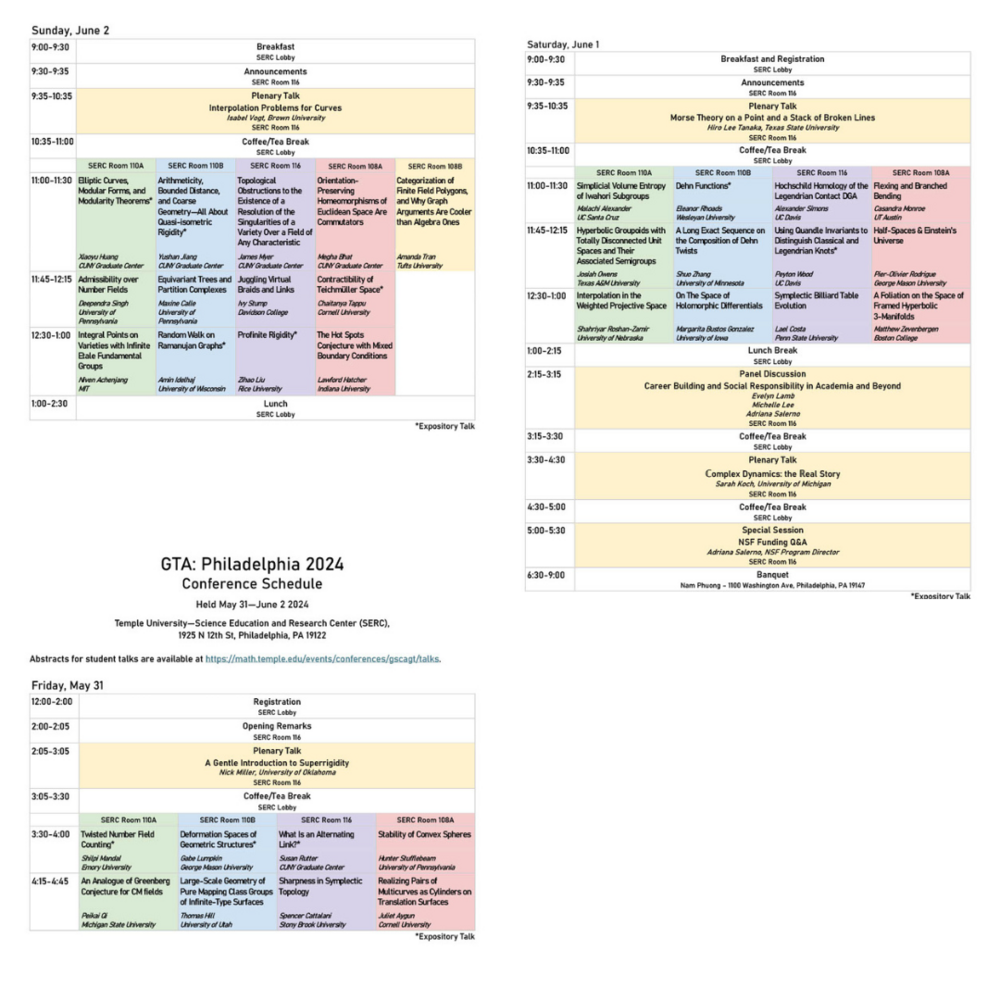
Student Speakers
Student speakers for GTA Philadelphia 2024, along with titles and abstracts of their upcoming talks, are available here: GTA Philadelphia 2024 - Student Talks.
Gallery
A gallery of keynote talks from previous conferences can be found below. For earlier recordings, as well as previous conference websites (which include participant lists and talk abstracts), visit the complete archive.
2023
2022
2021
Contact Us
If you have any questions or concerns do not hesitate to contact us at gta.temple.math@gmail.com. You may also contact the individual graduate organizers, but please reach out to the conference email first.
- Ellis Buckminster: ellis17@sas.upenn.edu
- Andrew Clickard: andrew.clickard@temple.edu
- Ross Griebenow: ross.griebenow@temple.edu
- Adam Smith: smith.adam@temple.edu
- Aniruddha Sudarshan: aniruddha.sudarshan@temple.edu
